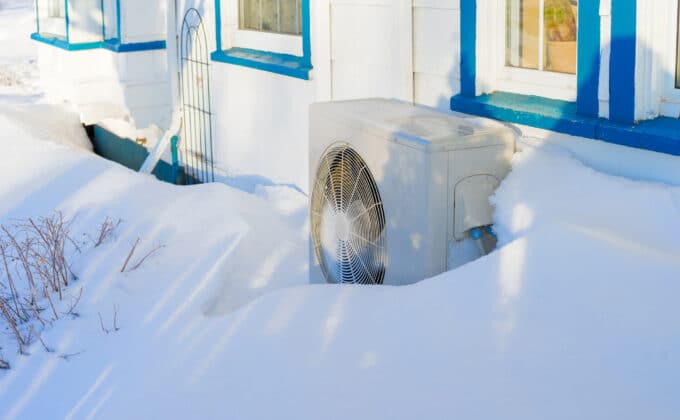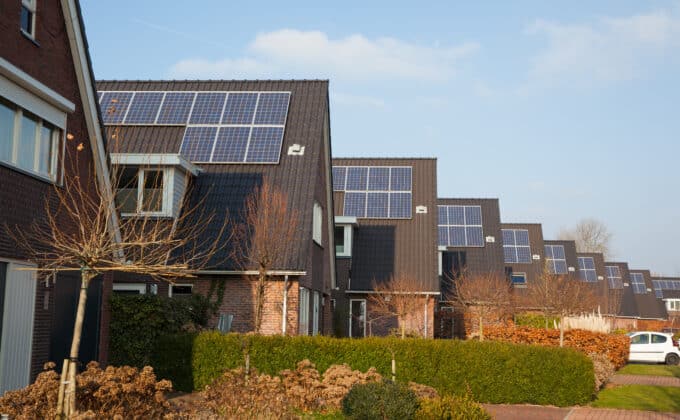
Blog
Incisive commentary from RAP experts
RAP experts keep their finger on the pulse of the energy sector and provide timely analysis of topics impacting stakeholders TODAY.
Filter >>
Content Filter:
March 11, 2025
We’re Opening the AI “Bottle.” So, What Should Regulators Wish For?
Like the all-powerful genies of mythology, artificial intelligence (AI) seems increasingly able to magically answer our questions and potentially grant wishes. Policymakers and regulators are still trying to understand the nuances of this technology and its impacts to energy systems. View Summary +

February 13, 2025
State and Local Successes: The Future of Heat in the Mountain West
- David Farnsworth ,
- Vivian Cox
Despite uncertainty regarding the disbursement of Inflation Reduction Act funds, do states continue to support efficient electrification through heat pump adoption? RAP and CLASP’s webinar series, “Federal Dollars, State Policies and Heat Pumps: The Future of Heat,” has been considering… View Summary +

January 23, 2025
Education and Coordination: Heat Pump Adoption in the Northeast
As Inflation Reduction Act funds get disbursed, are states making the most of their policies and programs to deliver efficient electrification through heat pump adoption? As RAP and CLASP’s webinar series on “Federal Dollars, State Policies and Heat Pumps:… View Summary +

January 9, 2025
Lowering the Heat Pump Cost Barrier: A Chance to Save Big in the Long Run
In Part 1 of this blog series, we discussed our recently published model rule on emissions standards for space and water heaters. In the course of preparing the rule, we considered an important question: Are heat pumps cost-effective compared… View Summary +

January 8, 2025
Modeling the Future of Low-Emissions Space and Water Heat
Emissions standards remain a critical policy option that states can use to improve air quality and achieve climate goals, and since many larger sources of air pollution have been reduced significantly, regulating building emissions makes sense as a next step toward… View Summary +

December 30, 2024
Pay As You Can: How Digital Payments Can Empower Low-Income Customers
Energy-insecure households must sometimes make difficult choices between maintaining safe indoor temperatures and electricity and providing essentials like food and medical care. At the same time, technology can offer an opportunity to help these households better manage their bills,… View Summary +

December 23, 2024
Building the Next Generation of Clean Energy Workers
Earlier this year, the U.S. Department of Energy announced $24 million in funding to train workers without four-year degrees to enter the clean energy workforce. Governors from 22 states and two U.S. territories aim to train 1 million… View Summary +

December 18, 2024
Changing how coal power plants get paid: What’s next for policy in China
In late 2023, China’s National Development and Reform Commission (NDRC), established a new capacity payment mechanism for coal power generators. A capacity payment is an annual payment per megawatt of available capacity that is paid regardless of how many… View Summary +

December 17, 2024
Can we make nodal pricing work? Another conversation with an inner teenage sceptic
On September 17, European Commission President Ursula Von der Leyen included a remarkable point in her mission letter for the incoming Energy Commissioner — advance the system integration of solar and wind by improving locational price signals. How could that… View Summary +

December 17, 2024
Keeping the Door Open to the Public Interest: What PUCs Can Do
“We should be creative, and we should accommodate the needs of every community to open up the process. We should make it easy and accessible for every citizen to participate.” As this quote from the late Rep. John Lewis emphasizes,… View Summary +

